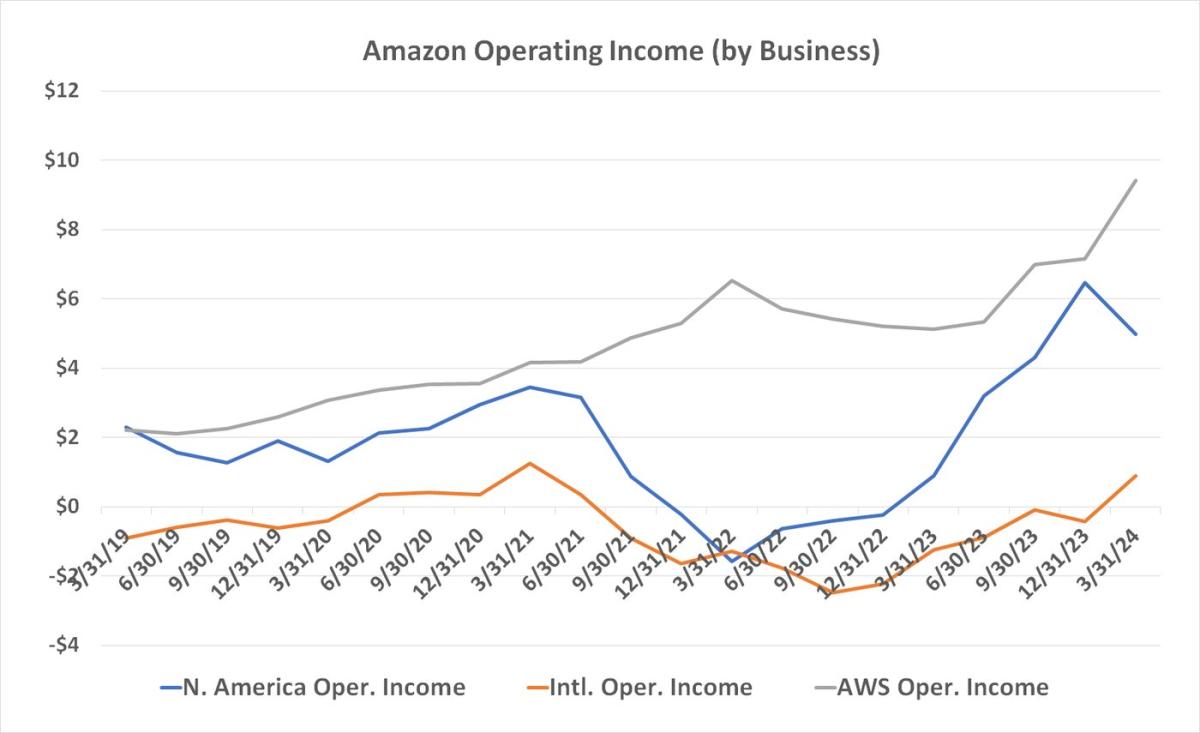Insights from The Wall Street Journal, Bloomberg and India Development Review
The news
India’s GDP grew 8.2% in the fiscal year ended March, according to data released Friday, a boost for Prime Minister Narendra Modi just hours before polls close in the country’s six-week elections that he is expected to hold. to win.
The economy grew 7.8% in the latest quarter, surpassing the government’s forecast of 5.9% and paving the way for India to become the world’s fastest-growing major economy this year. The World Bank’s Managing Director of Operations told CNBC in February that India would need to maintain an annual growth rate of around 8% to achieve its ambition of becoming a high-income developed nation by 2047.
SIGNALS
The euphoria about India’s growth hides deeper problems
India’s GDP measurement may mask the weaknesses of its massive informal sector, The Wall Street Journal wrote. Private consumption – the biggest driver of GDP – grew slower than pre-pandemic levels, while optimism in the economy is not leading to more investment, an economist said. “You have a booming economy for people higher up the socio-economic ladder, but people lower down are really struggling,” the director of the South Asia Program at the Carnegie Endowment for International Peace told the Associated Press. Slow wage growth, high interest rates and heavy borrowing have weakened the purchasing power of more than 300 million households, which powers 70% of GDP, argued Bloomberg columnist Andy Mukherjee.
India has ‘bloodless job creation’
The hype about India’s economic prospects ignores a problem 75 years in the making: “anemic job creation,” Ashoka Mody, a former International Monetary Fund economist, argued in Project Syndicate. Policymakers have offered only gimmicks in response to this fundamental development deficit, he wrote, and should instead offer investments in human capital. Unemployment growth in India tends to hit women in particular, who face “greater exploitation, poor working conditions, lack of mobility and a greater risk of violence,” according to a columnist for the India Development Review. Creating more productive employment opportunities should be a top priority for the next government, The Indian Express wrote in a recent editorial.







